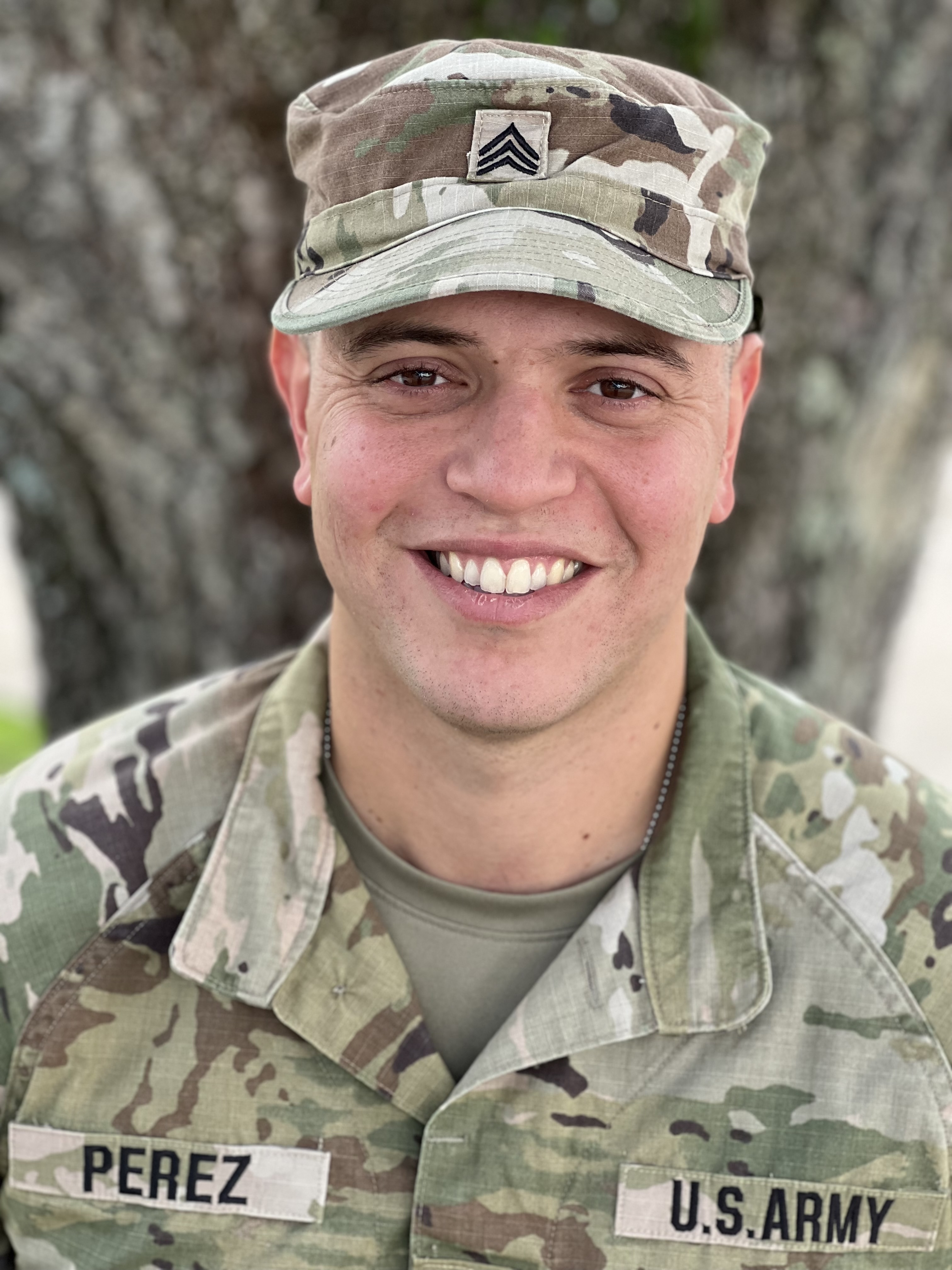FORT POLK, La. –
Sgt. Andres Perez, operating room specialist from Bayne-Jones Army Community Hospital completed two weeks of intensive training at Vanderbilt University Medical Center in Nashville, Tennessee Sept. 29.
Perez said Vanderbilt has partnered with the Army to ensure medical Soldiers have the chance to complete their Individual Critical Task List, or ICTL, as part of the Strategic Medical Assets Readiness Training program.
“The intent of the SMART program is to give Soldiers with certain medical MOSs, like mine, the ability to work in a level 1 trauma facility. This gives us the exposure to treat trauma cases in the event we find ourselves downrange,” he said. “While I was at Vanderbilt there were nine total participants. Four of us were OR techs, three were combat medics, one was an LPN and the other was a respiratory therapist.”
Perez said the ICTLs vary based on military occupational specialty and each participant’s training was focused on the criteria for their job and their individual medical readiness.
“During this program I was able to complete 93% of my ICTLs with the exception of tasks that need to be completed in a field environment,” he said. “Vanderbilt is a huge medical center, their nursing staff alone was 20,000 strong.”
Command Sgt. Major Shavonda Devereaux, senior enlisted advisor at BJACH said it’s important for Soldiers to get these training opportunities wherever and whenever they can.
“The ICTL requires some skills and validation in a hospital setting and some in a field environment,” she said. “When Soldiers are called upon to deploy they are required to execute their wartime skills. We want to ensure our Soldiers, both officers and enlisted personnel, are capable and ready at all times.”
Perez said he hit the ground running at Vanderbilt.
“I wasn’t there to observe,” he said, “I was there to train, to learn and to work. From day one I was assisting with surgeries in the operating room.”
Perez said there was an average of 121 surgeries each day at Vanderbilt, which has 60 ORs compared to four at BJACH, and he personally assisted with a craniotomy, the surgical treatment of burns, colon removals, a variety of orthopedic procedures, a cardiac bi-pass and a variety of other operations.

“What really impressed me most, was despite how busy they were, they were in complete control at all times. It wasn’t chaotic at all,” he said. “They had their OR categorized by vascular, neurological, orthopedic and general. Everyone knew what their responsibilities were and what teams they are on each day. There was even a team and room designated for any level 1 trauma cases.”
Perez said interacting with the civilian, nurses, doctors and OR technicians was valuable.
“Some of the nurses were former OR techs and they put themselves through nursing school. Now that they are circulators in the OR they still scrub in from time to time as techs or serve as the surgical first assistant,” he said. “It was amazing for me to see because it reinvigorated my drive to keep moving forward. The next step for me is to be a first assist and ultimately I’d like to be more hands on in the operating room.”
Perez a paramedic before joining the Army, said this training brought back his passion for medicine.
Sgt. 1st Class Jennifer Morris, senior clinical non-commissioned officer at BJACH, is responsible for tracking every Soldiers’ ICTLs for the organization.
“Each military occupational specialty and area of concentration has specific tasks related to their jobs. Mastering them annually ensures every Soldier is able to deploy at moment’s notice,” she said. “While this requirement has been around for three years, the emphasis to get after it has grown considerably over the past six months.”
Morris said the COVID-19 pandemic impacted the Soldier’s ability to get some of the necessary hands on training required but now that things are opening back up so are the opportunities to train in larger medical facilities like Vanderbilt.
“Training opportunities like this are imperative to medical readiness for Soldiers and the Army,” she said. “At Fort Polk we don’t have the patient population necessary to get our Soldiers the training they need in house so we send them TDY or to programs like the one Sgt. Perez just participated in.”
Morris said in addition to the SMART program at Vanderbilt, BJACH Soldiers are traveling to other military treatment facilities, participating in skills fairs, using simulators and partnerships are being developed with regional medical partners throughout the state to fulfill training requirements.